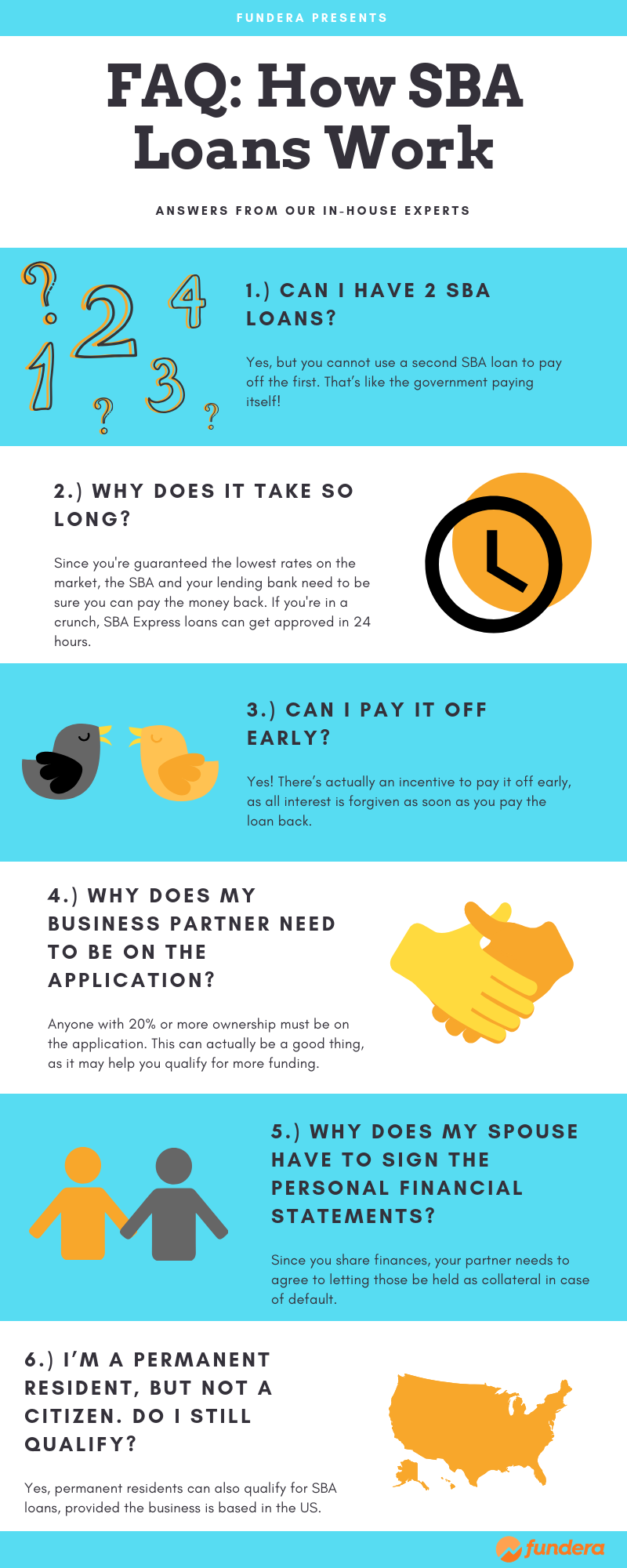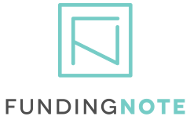As a small business owner, you may find at any point in time that your business is strapped for cash. Whether you need to make payroll, purchase inventory, or refinance other debts, there are a handful of financing options that can meet your business’s needs. One of the best ways to do this is by applying for an SBA loan, which are business loans guaranteed by the Small Business Administration.
Meredith Wood is Editor-in-Chief and VP of Marketing at Fundera, a marketplace for small business financial solutions. Specializing in financial advice for small business owners, Meredith is a current and past contributor to Yahoo!, Amex OPEN Forum, Fox Business, SCORE, AllBusiness and more.
Loans guaranteed by the SBA boast flexible terms and lower interest rates, potentially preventing your business from taking on excessive debt. The catch is that SBA loans are intended for borrowers with a good credit score and strong borrowing history, and they take a lot of time and documentation to pursue. In other words, they can be hard to get. If your business is qualified though, an SBA loan is one of the smartest ways to finance your business, reducing risk and giving your business easier access to capital.
There are three main types of small business loan programs available:
- SBA Standard 7(a) Loans – For general business financing needs. Loan amounts up to 5 million. SBA 7(a) loans are the most common types of SBA loans and have generous repayment terms.
- SBA Microloans – For new or startup business owners looking for capital that helps them operate or expand their business. Loan amounts up to 50K. These loans cannot be used for purchasing real estate or debt refinancing. Repayments terms max out at 6 years.
- SBA CDC/504 Loans – For business owners looking to purchase fixed assets such as machinery or commercial real estate. Loan amounts up to 5 million. Repayment terms can span across decades. These loans typically cannot be used for working capital, inventory, debt consolidation, or refinancing.
If you think that an SBA loan could be the right fit for your business, it’s worth consulting an application checklist or requirements guide before applying. This way, business owners can see the amount of legal work and documentation required on their end and decide whether or not it’s worth collecting all of that information. If you do meet the SBA’s minimum requirements and are ready to take the leap and grow your business, an SBA loan could be the perfect solution.
If you still have questions regarding how SBA loans work, check out this infographic from Fundera that answers the questions their experts hear most about SBA loans.








